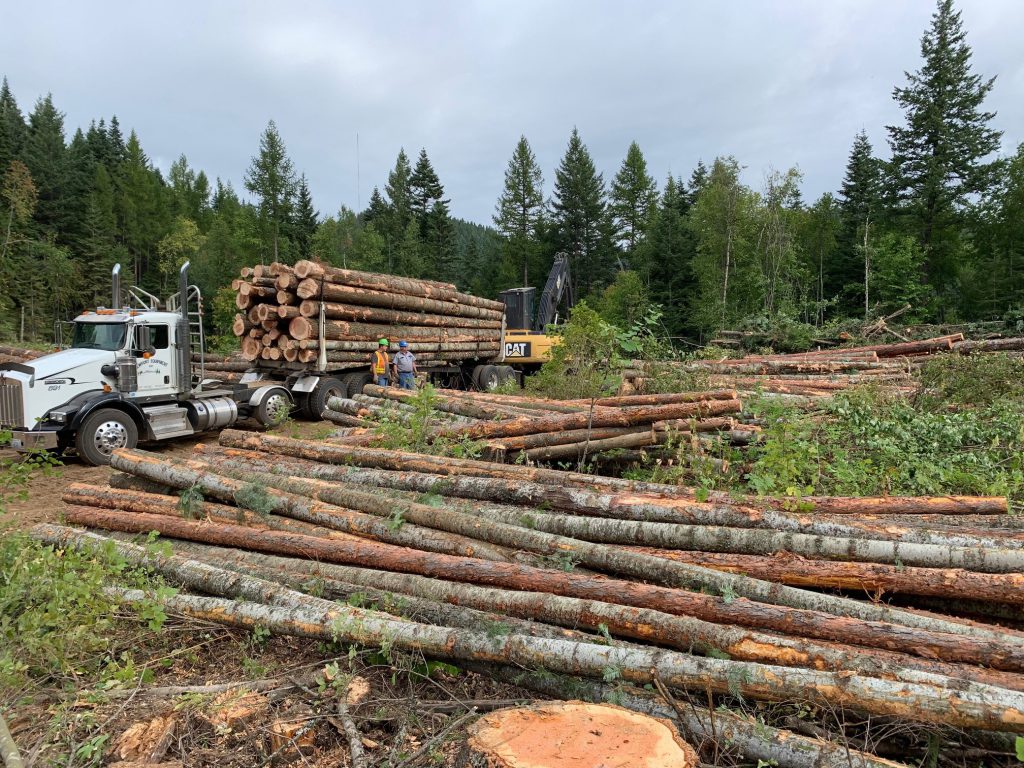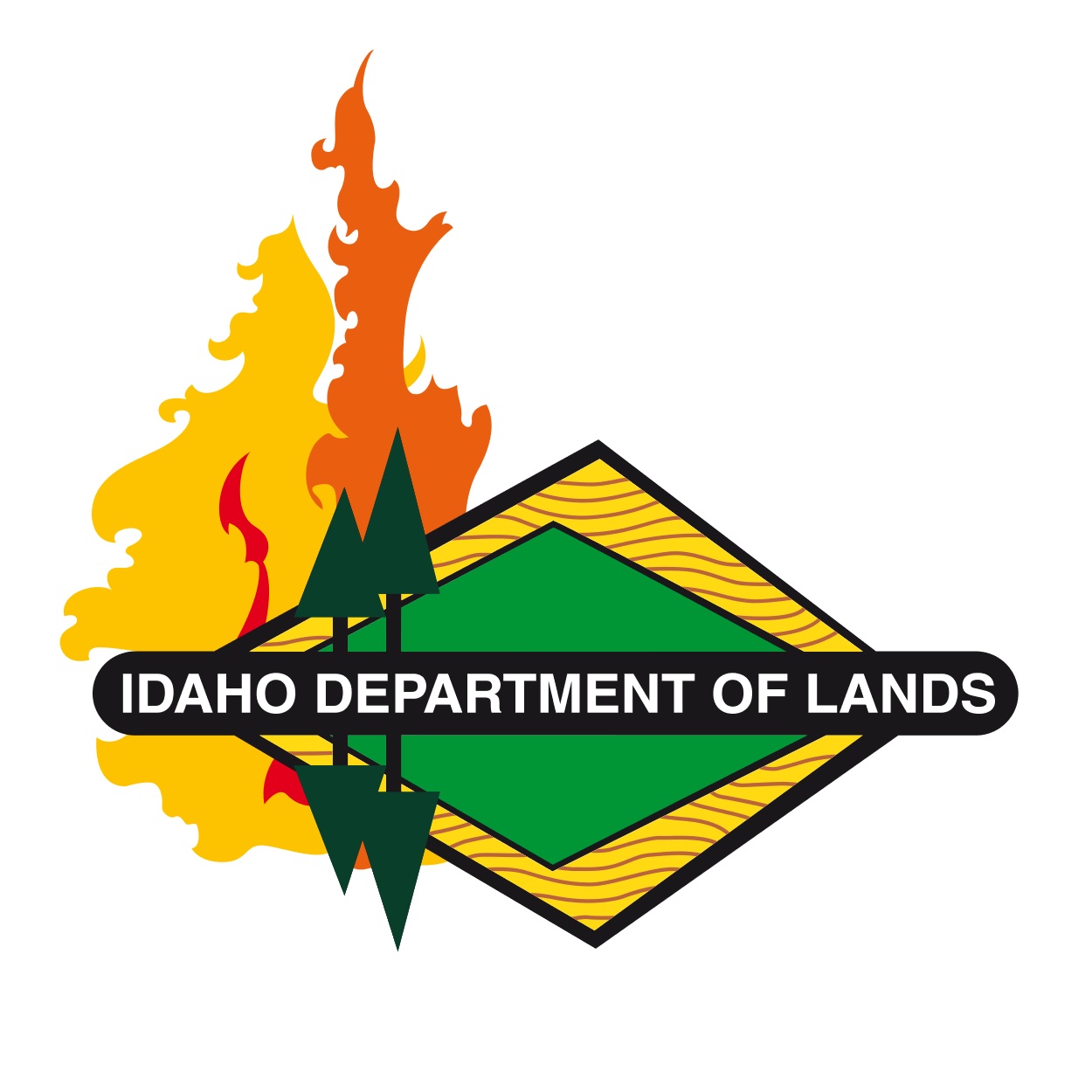Forest Management 3: Timber Sale Contracts

In this edition of the Forester Forum
Overview
Too often timber harvests are conducted with no more than a nod and a handshake between the parties involved. Although this procedure sometimes works, a written agreement is far better. Besides transacting the sale of timber, a contract also establishes communication, outlines practices to be followed, and clarifies responsibilities. All participants benefit when a foundation is established from the start.
At first glance, preparing a contract might appear difficult, inconvenient, and downright formal. However, with a little help, writing a good sales agreement can be done with ease and satisfaction.
Sample Contracts
Since there is no such thing as a standard, concise, all purpose timber sale agreement, it’s good to start with a handful of examples. A variety of sample contracts can be acquired from your local Idaho Department of Lands office, timber company, soil conservation district, or extension agency. These generic contracts are often used as a basis for building a specific agreement and with them you can create a document tailor-made to fit your harvest situation.
The Document
Let’s look at the substance of a good timber sale contract. Most importantly, it is as short and simple as possible, with clear wording in plain language. The terms are understandable, executable and enforceable. Although such an agreement will not cover every eventuality, it will set some important guidelines.
A checklist is provided below, which highlights appropriate information needed in a complete document.
Framing a Contract
Good sample contracts will address most major issues. Combine the best terms from several samples. Also, see your IDL Private Forestry Specialist for help. Although the PFS cannot write the contract, they can equip you with a menu of terms covering harvest practices and recommend clauses you should consider.
With all this information, you can mix, match, add, delete, or write your own terms of sale. Be careful, more restrictions usually result in higher logging costs. Just include enough requirements to accomplish your objectives and protect your interest.
Have a forester and a lawyer review your draft.
There is safety in an abundance of counselors.
Administration
Finally, consider this. Your contract is a tool that protects your interests, conveys your desires, details procedures, and assigns responsibilities. But a successful timber harvest does NOT depend only on a well written document. It depends on communication and implementation. A contract not administered is a tool not used. Keep watch over your harvest operations. Administer your contract to achieve your goals.
Contract Checklist
For the purpose of this article, it is assumed the landowner is the timber owner.
Parties Involved
- Names and addresses of both landowner seller) and logger (buyer, purchaser, operator, contractor)
- Signatures of seller, buyer, and witnesses
- Date of agreement and place of execution
- Notarization of the contract
Performance of Buyer
- Duration of contract with or without a provision for extension or assignment
- Cash or surety bond posted by the buyer to ensure full and faithful compliance with all contractual obligations
- Clause to terminate operations due to noncompliance
- Liability and Workers’ Compensation Insurance requirement
- Clause for arbitration of disputed contract execution by buyer or seller
- Force Majeure” clause for release of obligations by buyer or seller due to fire, flood, strike, or other catastrophe
Payment
- Terms of payment (how, when, and to whom)
- Scaling (if applicable, including the scale to be used, who will scale, when) where, and
- Penalty for cutting undesignated timber
Property Involved
- Complete legal description of the harvest area with a map to scale
- The party responsible for locating or establishing property corners, lines, and harvest area boundaries
- Timber being sold (identified by species, products, estimated volumes, unit of measure, net or gross scale price per unit, cutting designations of tree marking)
- Ownership of timber and when title passes from seller to buyer
Harvest Practices
- Compliance to the Idaho Forest Practices Act
- Compliance to the State slash hazard (disposal) and fire protection laws who piles, burns, reduces, and pays the State
- Size and types of logging equipment
- Utilization guidelines (maximum stump height, log size, merchantable tree and log standards, and minimum top diameter
- Location and standards of roads, landings, and skid trails
- Protection of fences, gates, roads, livestock, structures, and post-logging “touch-up” of roads, trails and culverts
- Clean-up of garbage and waste
- Party responsible for acquiring and maintaining access and right-of-way


